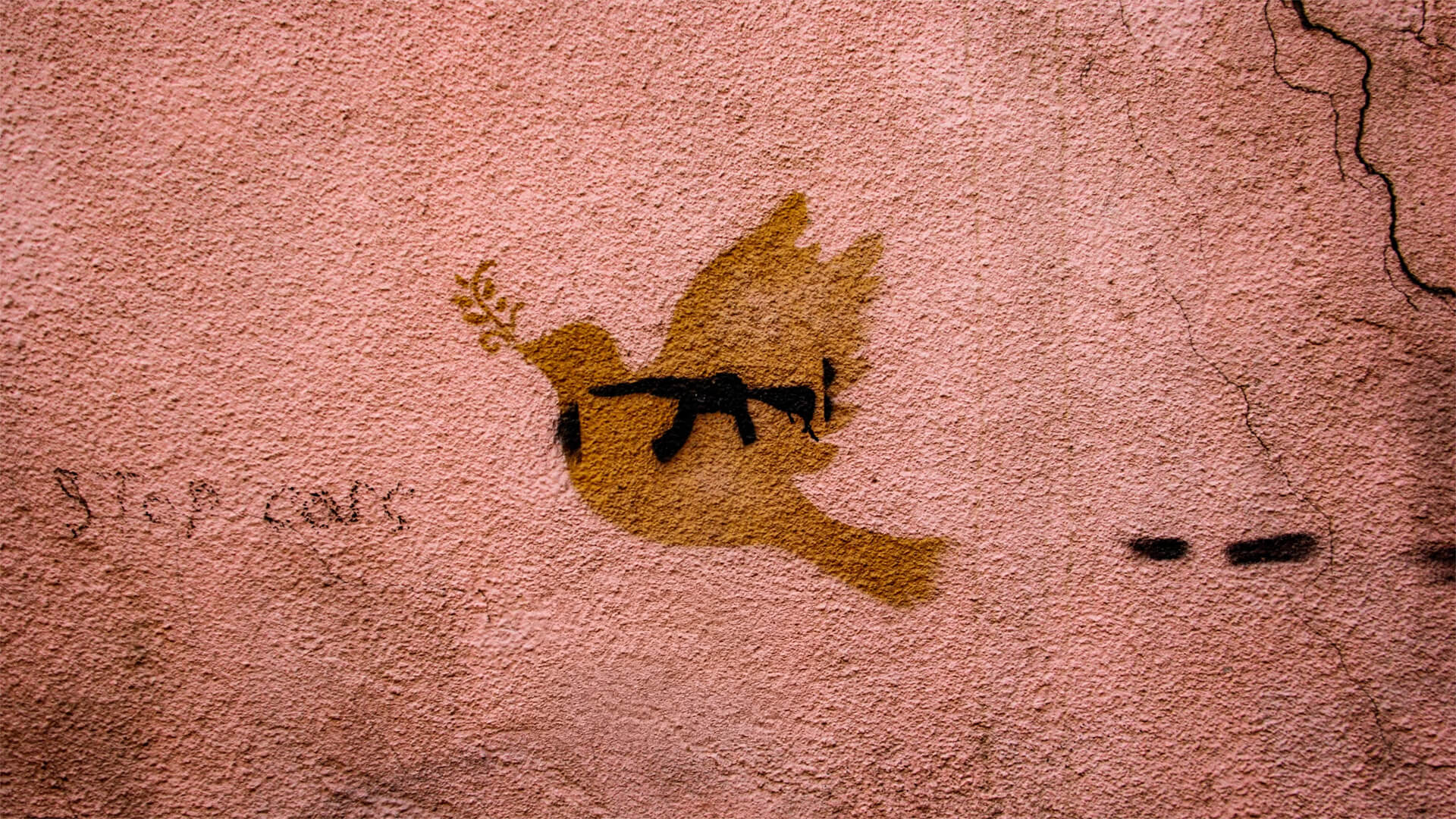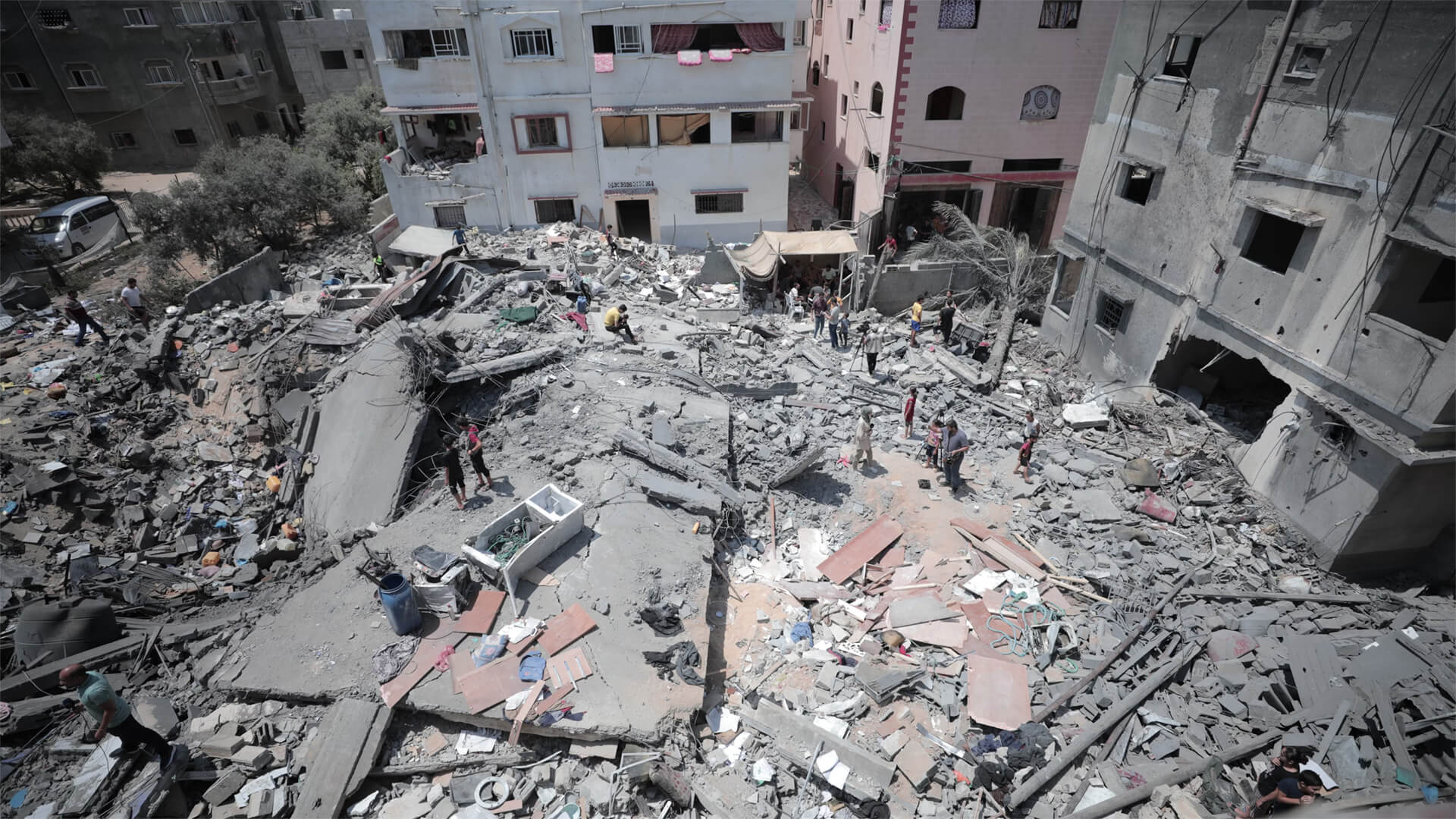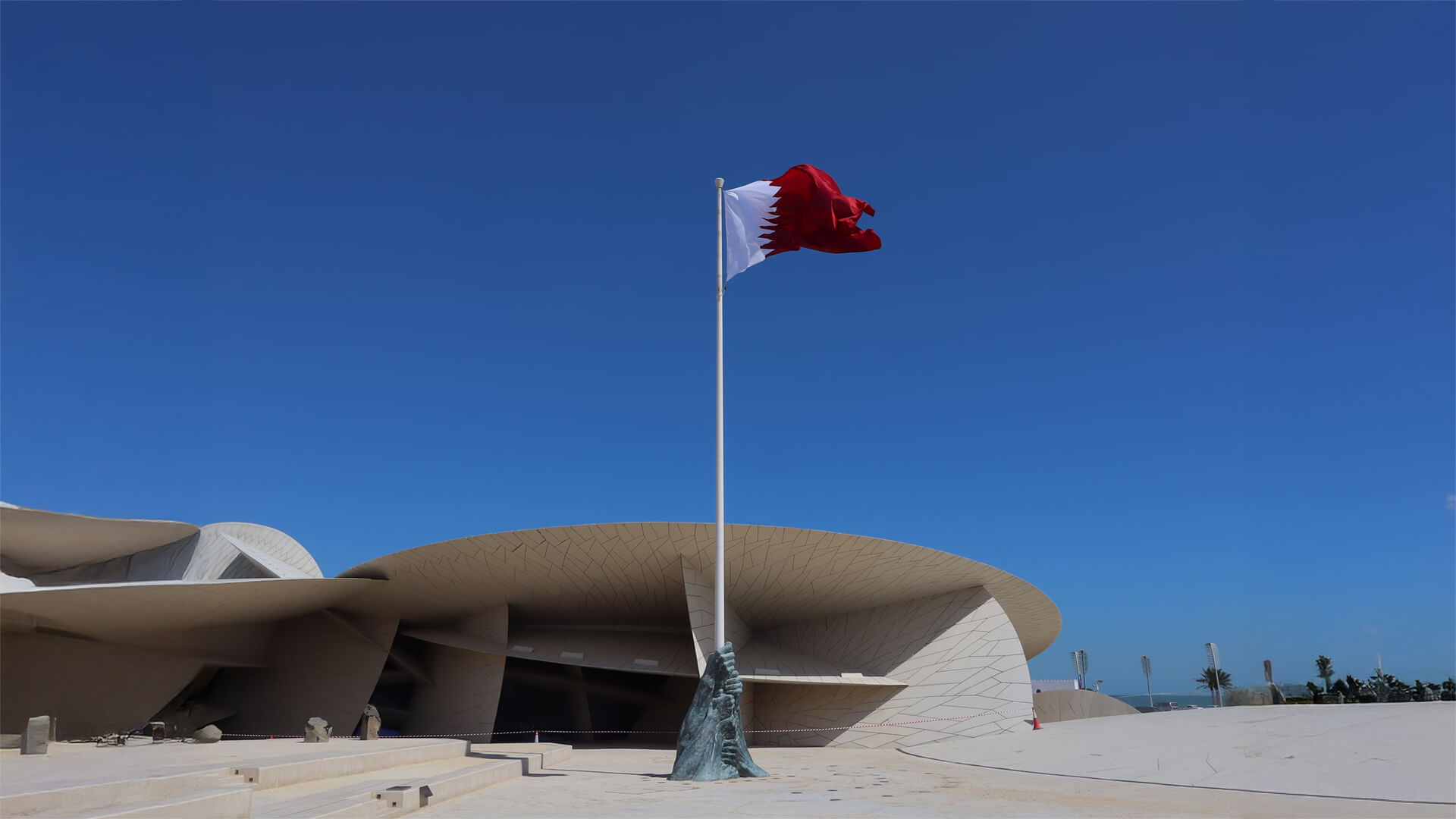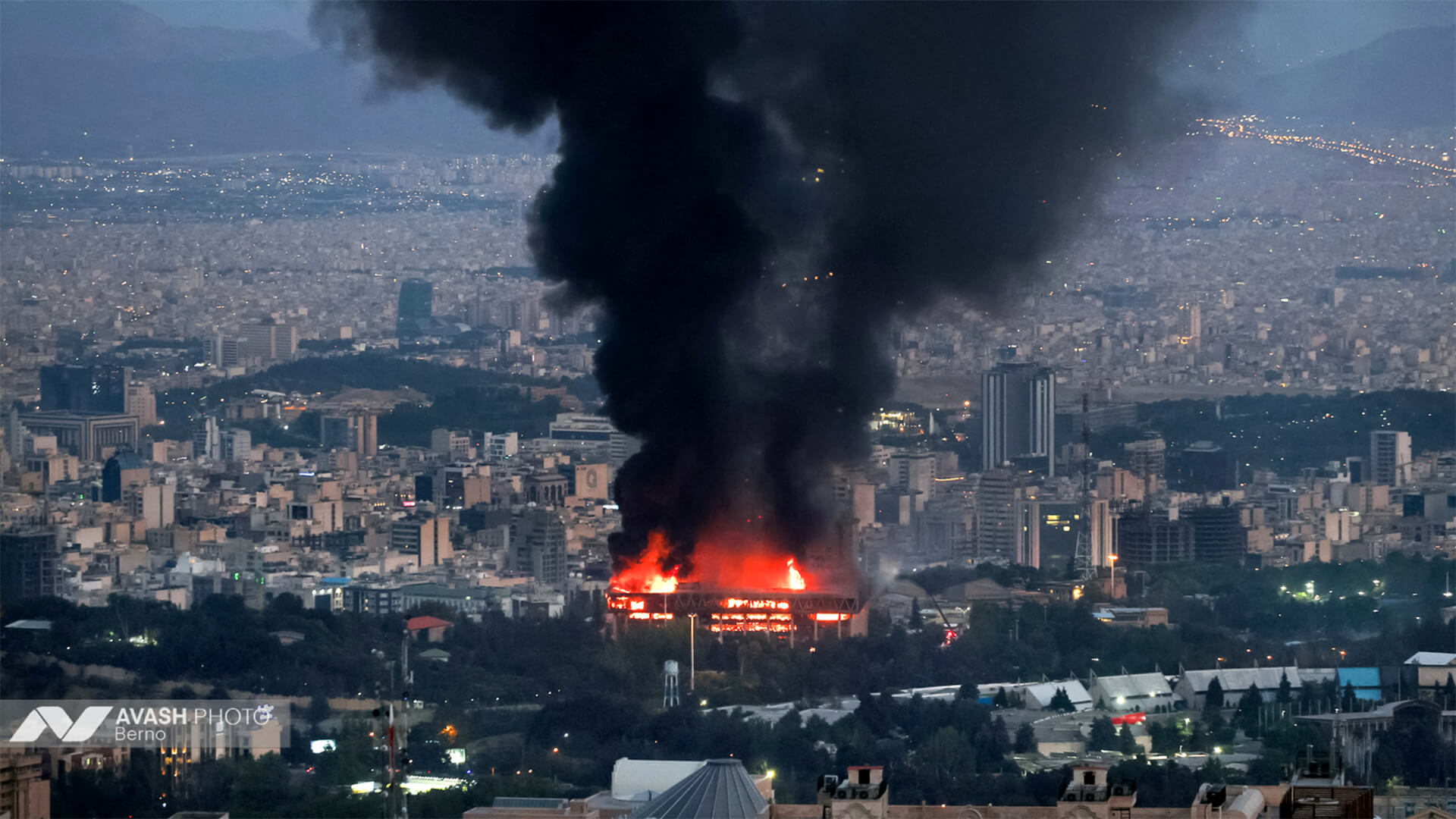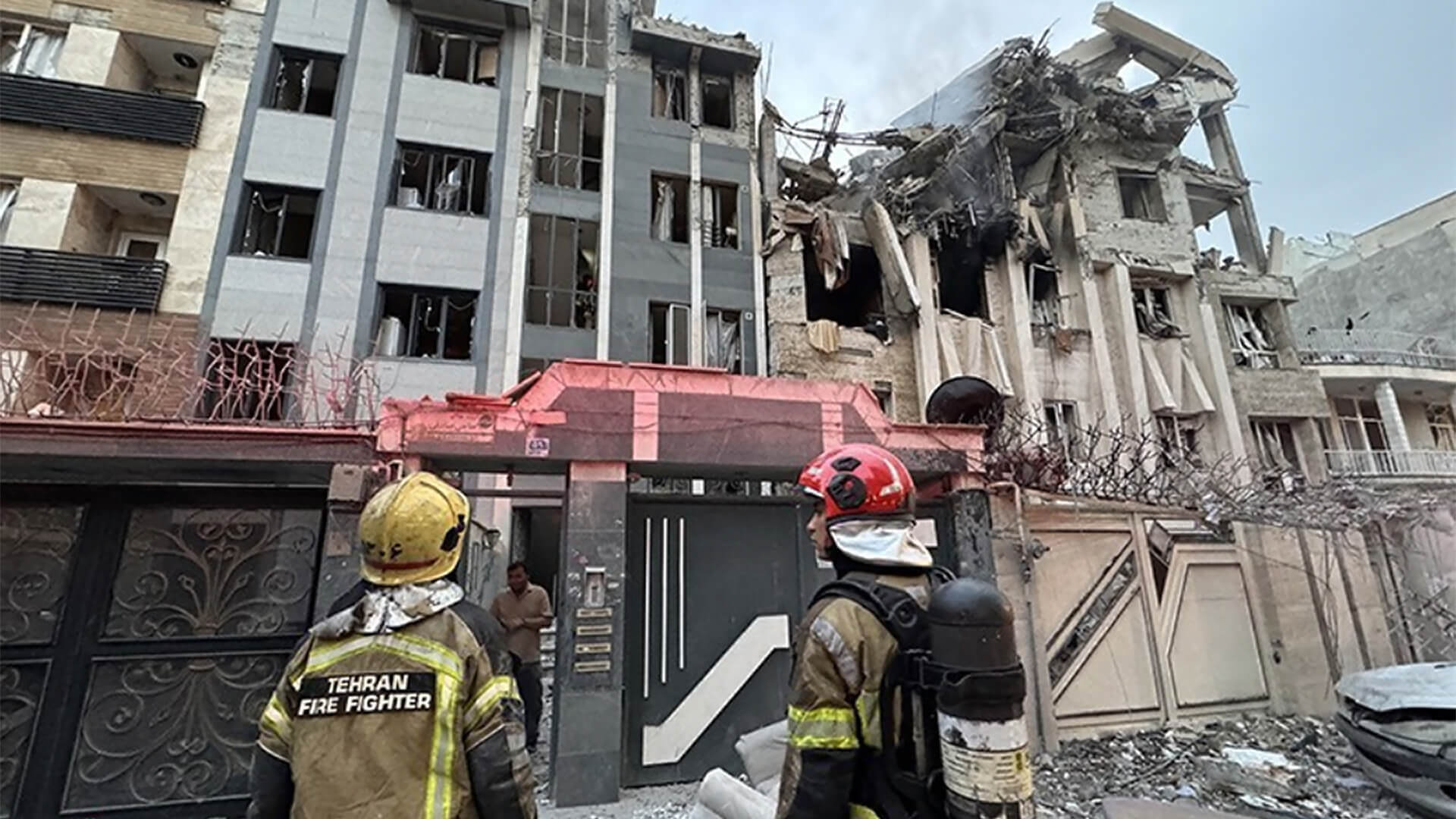2025 has been full of surprises. And honestly, given today’s headline, I wouldn’t be surprised if pigs started flying next. We now have Israel defending Germany.
The Germans have acquired and activated the Israeli-made Arrow missile-defense system. Effectively, we have Israel protecting Germany. All of you have seen my bingo card, and this was most definitely not on it.
With the threat of a Russian invasion still looming, and the pesky little exclave of Kaliningrad, the Germans have been forced to rearm and prepare to intercept Russian missiles. So, we’ve got non-NATO tech coming into NATO’s defense architecture, and the least likely of partners are the ones responsible.
Transcript
Hey, all. Peter Zeihan here. Coming to you from Colorado, where it’s cold. The news today is that we’ve got a change in defense parameters in Europe. Not because of anything the Americans or the Russians have done. Or not directly anyway. But because of the Germans. Recently the Germans have turned on, what’s called an arrow defense system.
It’s an anti-missile anti-air system. They spend about 4 billion U.S., 4.2 billion US on it. And it doesn’t come from the United States, and it doesn’t come from Europe, comes from Israel. So we now have this oil situation where the Jews are protecting Germany. A quick backdrop. So the Holocaust was a thing. If you say otherwise, just turn this video off now and never watch my stuff again, because we’re never going to get along.
And Israel was founded as part of the whole Western guilt for allowing it to happen. As a result, German post-World War Two German Israeli relations have always been tense, but paternal, if that makes sense. Postwar Germany, once the Nazis were gone, has always looked back on that chapter of their history as something that they’re ashamed of and would like to make up for.
And so even when the Israelis are doing things that most Germans really, really hate, like carrying out some version of a genocide in Gaza, for example, the Germans have always stood by to a degree, out of historical guilt. This is the first time it’s gone back the other direction. Germany in the post-Cold War environment became convinced that history was over and trade was the future, and no one needed a military anymore.
And they basically demolished their own. And it got down to the point that I would say that an even fight the Netherlands could probably could have invaded Germany five years ago. That’s not the case anymore. The Germans are going through a really big rearmament, and they’re facing down the Russians, which they know are coming. with the Ukraine war, the Germans have finally admitted that history is not over.
And if you look at a map where Ukraine ends, Poland begins on the Polish plain. And every single war that has been fought between the Russians and the Germans in the past, and there have been a lot have always involved troops going through that corridor. So the Germans have to be a land power, but they also have to worry about missiles.
the tool that the Russians have used in the post-Cold War environment is when they are annoyed with the Europeans or the United States, they for position their missile batteries, specifically a system called the Iskander. And they don’t just put it in western Russia, they put it in a little enclave called Kaliningrad. And Kaliningrad is this little spot of territory on the southeastern shore of the Baltic Sea, sandwiched between Lithuania and Poland.
So it is surrounded by NATO countries because now Finland and Sweden are also in NATO and of course, Germany, Poland and, Denmark as well. So if you take this little exclave and you put missiles in it, all of a sudden you can reach all of Germany with relatively short range missiles. Now the Germans have a multi-layered missile defense system, or at least one that they are attempting to build with some degree of success.
The issue is a combination of technical barriers. You see, you’ve got your boost phase when the missile launches, you get your mid phase when it might be out of the atmosphere. If it’s a long range one, and then you’ve got your terminal phase and you need different weapons systems to intercept different types of missile systems at different parts of the arc.
So the most efficient would be to take it out in the boost phase. When it’s launching, it’s going slow. But to do that, you have to be almost on top of the missile, which means you’re already in the country that’s launching the missiles. There’s a reason why that doesn’t work. In the mid phase, you’re talking things like Star Wars hitting a bullet with a bullet. Especially if you’re talking about ICBMs that are going around the world. no one really has a great mid-face system. All the U.S is working on it. And then you’ve got terminal phase where things are screaming back into the atmosphere. And that’s going to be things like your Patriot systems.
But what works for one missile system doesn’t necessarily work for another one. So the missile system that the Germans are concerned about, the Iskander only has a range of 515 hundred kilometers. And if it’s coming from Kaliningrad, then what they really need is a mid phase interceptor before it gets into the range of the Patriots. There’s something called the third that the United States uses, but it’s usually for longer range systems.
But the arrow system out of Israel is perfect because it was designed for things coming from Iran and its record is very, very good. It just hasn’t been tested against modern Russian weapons. So having, for lack of a better phrase, Jewish missiles in Germany to defend against Russian missiles, I mean, my mind kind of spins at using all of those words in the same sentence is really interesting.
Development. In addition to the oddity of the pairing, in addition to the Germans waking up, both of which are very strategic scenic situations, what I find really interesting here is we now have non NATO weapons in NATO, starting to integrate with NATO defenses to defend NATO against the Russians. So we’re taking an entirely new technical and military tradition.
That’s the Israelis. And putting it into a NATO system. Arrow is a system that was partially funded by the United States specifically, so the Israelis wouldn’t go on the war path. And for the most part, it has worked to what Washington wanted. But now incorporating that into NATO and, of course, American, defense systems over the long run is going to be really interesting because this is a really robust technical test bed. And the Israelis have a great reputation for taking this system from the drawing board to operationalization in a very short period of time. And now that’s going to be implanted into Germany, where the Germans are. How should we say a little bit more, process minded? So, lots of things that are going to come out of this in the days and months ahead, because the Germans really do need to have something fully up and running, not by 2030, but by the end of next year.
Because they know in their bones that if the Ukraine war breaks because the Americans backing away, that, Poland is next, and then the Germans are going to be in the thick of the fight, and they have to be ready.


